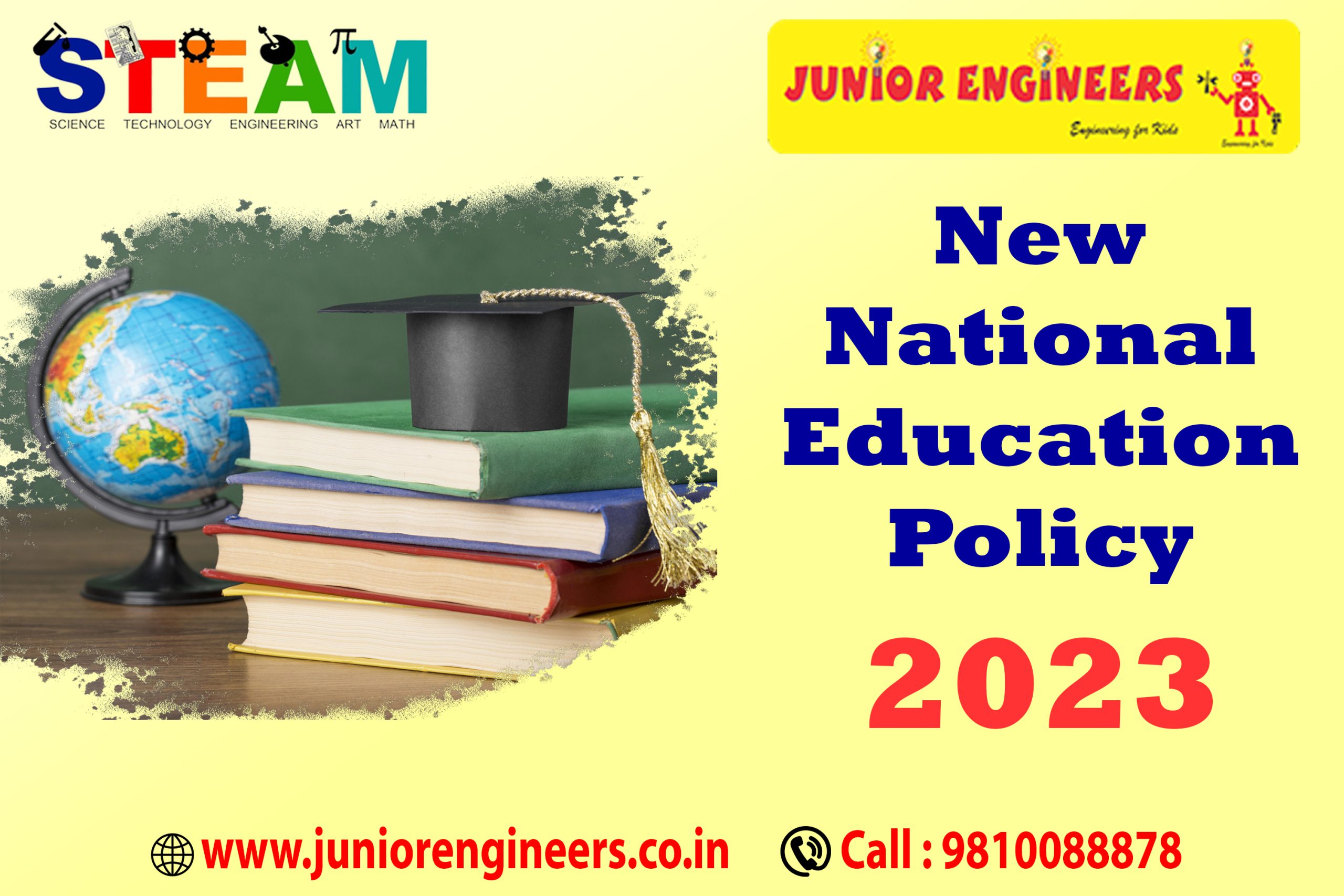
Introduction:
In a monumental stride towards reshaping India’s educational landscape, the National Education Policy (NEP) underwent a paradigm shift in 2023, marking a significant departure from its predecessor, the NEP 1986. This comprehensive blog delves into the profound changes and the holistic vision encapsulated in the NEP 2023, deciphering its implications on various levels of education.
Overview of NEP 2023:
The NEP 2023, initiated during the academic year 2023-24, is hailed as a game-changer for Indian education. It envisions a complete transformation by 2030, emphasizing a holistic education system that integrates modern teaching methods, technology, and practical skills. At its core, NEP 2023 aspires to shape students into well-rounded individuals, nurturing creativity, analytical thinking, problem-solving skills, and digital literacy.
Key Shifts and Reforms:
Structural Transformation:
The NEP 2023 proposes a shift from the traditional 10 + 2 structure to a more dynamic 5 + 3 + 3 + 4 model. This change aims to foster foundational literacy and numeracy by the end of Grade 3, emphasizing activity-based learning in the foundational stage.
Examination Reforms:
Departing from the frequent examination model, the NEP 2023 advocates for milestone-based assessments at the end of Grades 2, 5, and 8. Board exams for Grades 10 and 12 will undergo significant changes, adopting a biannual format and prioritizing objective-descriptive formats.
Multilingual Education:
The policy promotes education in the mother tongue up to Grade 5, with potential extension to Grade 8 in the future. This emphasis on language aims to enhance communication, strengthen cultural connections, and improve language proficiency among students.
Interdisciplinary Curriculum:
NEP 2023 encourages an interdisciplinary and multilingual curriculum, fostering flexibility and diverse skill development. The focus is on seamless knowledge acquisition and nurturing a holistic understanding of subjects.
Technology Integration:
Recognizing the transformative power of technology, the policy aims to integrate coding into the curriculum by the 6th grade. The emphasis on experimental learning and practical understanding is intended to prepare students for the digital age.
Health and Well-being:
The NEP 2023 extends the mid-day meal scheme to include breakfast, demonstrating a holistic approach to students’ health and mental well-being. This initiative reflects the policy’s commitment to the overall development of students.
Higher Education Reforms:
NEP 2023 brings significant changes to higher education, introducing a flexible 4-year undergraduate program with multiple exit points. M.Phil. courses are discontinued, and regulatory bodies are revamped to ensure higher academic standards and international collaboration.
Teacher Empowerment:
The policy outlines eligibility criteria for teachers, requiring a 4-year Bachelor of Education by 2030. Transparent recruitment processes, professional standards, and continuous teacher education are emphasized.
Comparative Analysis: NEP 2023 vs. NEP 1986:
Holistic Approach:
NEP 2023 emphasizes a holistic approach, focusing on multiple dimensions of student growth. In contrast, NEP 1986 primarily addressed the challenge of improving national literacy.
Language Emphasis:
The latest policy gives unconditional importance to Indian languages, addressing the historical neglect of linguistic diversity. NEP 1986 did not prioritize language to this extent.
Education Structure:
NEP 2023 introduces a revolutionary 5 + 3 + 3 + 4 system, catering to various stages of student development. NEP 1986 did not attempt such structural reforms.
Vocational Education:
Unlike NEP 1986, NEP 2023 encourages the integration of vocational education, fostering skill development and entrepreneurship.
Experiential Learning:
NEP 2023 advocates for experiential learning, moving away from rote memorization, a stark contrast to the approach of NEP 1986.
Assessment Methods:
The latest policy calls for changes in assessment methods, including continuous evaluation and milestone-based assessments. NEP 1986 centered on traditional exam-centric evaluations.
Conclusion:
In conclusion, the National Education Policy 2023 emerges as a transformative blueprint, steering India towards an inclusive, flexible, and technology-driven education system. As stakeholders adapt to these profound changes, the NEP 2023 promises a future where education goes beyond academics, nurturing well-rounded individuals capable of thriving in the complexities of the 21st century. The journey has just begun, and the destination holds the promise of a brighter, more holistic, and innovative educational landscape for India.



Leave a Comment